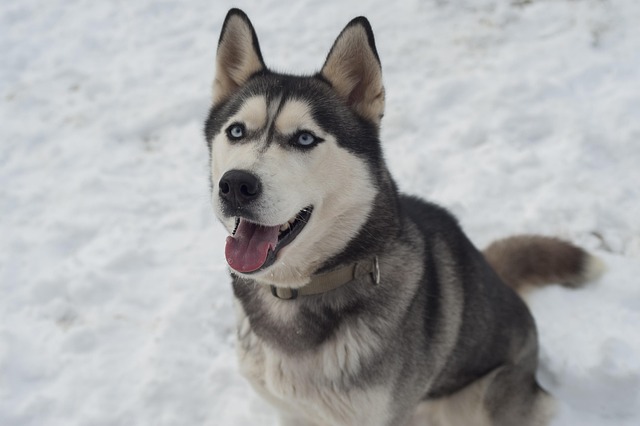
Do it hurt a dog to express glands?
Many dog owners first notice their pup scooting across the carpet or licking their rear more than usual, and that’s often when the question of gland expression pops up.
If you’ve noticed your dog scooting or licking their rear more than usual, anal gland issues might be the cause—and some breeds are more prone to this than others.
Certain dog breeds are more likely to need their anal glands expressed regularly, thanks to their body structure and activity levels. Smaller breeds like Cocker Spaniels and Bichon Frises often top this list—their compact anal gland size makes it harder for natural expression during bowel movements. This isn’t just a comfort issue; neglected glands can lead to infections, which may require vet visits that could have been avoided with proactive care.
Medium breeds like Bulldogs and Beagles also fall into this category, though for slightly different reasons. Bulldogs’ broad body shape can put extra pressure on their anal glands, while Beagles’ tendency to eat quickly (and sometimes scavenge) can lead to inconsistent stool firmness—firm stools are key for helping glands empty naturally. For owners of these breeds, checking glands every 4-6 weeks (or as advised by a vet) aligns with best practices in many regions, where pet welfare laws often emphasize preventive care to keep animals healthy.
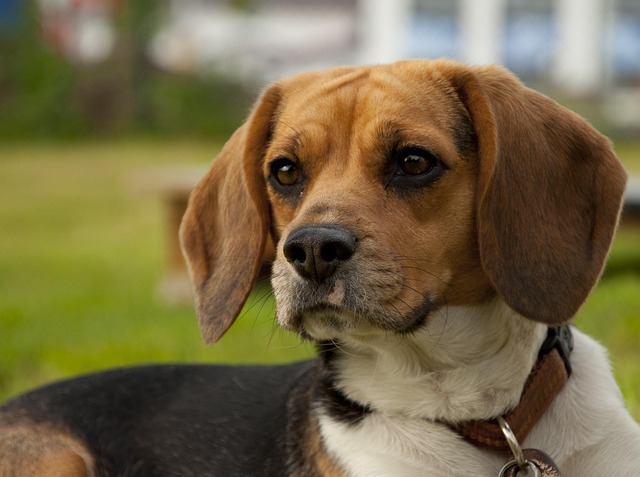 Larger breeds aren’t entirely off the hook, but they’re less common candidates. Great Danes and Mastiffs, for example, might need gland expression if they’re less active—without regular exercise to stimulate bowel movements, their glands may not empty fully. It’s important to note that even breeds not typically on this list can have issues; factors like obesity or digestive disorders can increase the need, so owners should always watch for signs like scooting or excessive licking near the tail.
Larger breeds aren’t entirely off the hook, but they’re less common candidates. Great Danes and Mastiffs, for example, might need gland expression if they’re less active—without regular exercise to stimulate bowel movements, their glands may not empty fully. It’s important to note that even breeds not typically on this list can have issues; factors like obesity or digestive disorders can increase the need, so owners should always watch for signs like scooting or excessive licking near the tail.
When it comes to actually expressing glands, many owners wonder if they can do it themselves or if they need a professional. While some vets or groomers offer tutorials, it’s crucial to follow proper technique—incorrect pressure can damage glands or spread infection. In areas with strict pet care regulations, some groomers are required to have certification for this task, so checking credentials is a smart step. Never attempt it if you’re unsure; a quick vet visit is safer than risking harm to your dog.
Whether you have a tiny Cocker Spaniel or a large Mastiff, staying alert to signs of gland issues and following vet or local care guidelines keeps your dog happy and healthy. It’s not the most glamorous part of pet care, but it’s a small task that prevents big problems—something every dog owner can appreciate.

Many dog owners first notice their pup scooting across the carpet or licking their rear more than usual, and that’s often when the question of gland expression pops up.
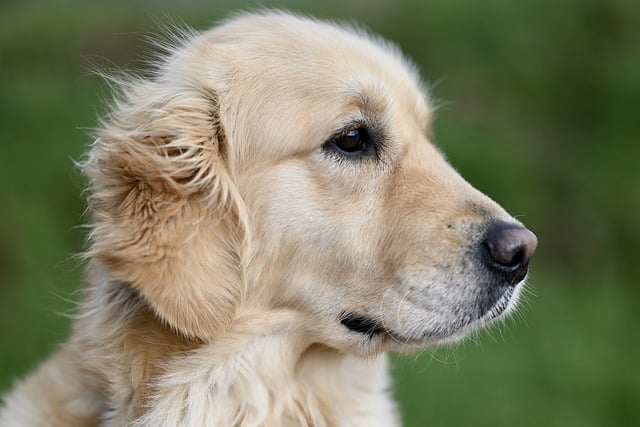
I’ll start with a relatable scenario of a new owner struggling to keep their pup cool on a budget, explain how homemade cooling pads use evaporative or gel-based cooling science
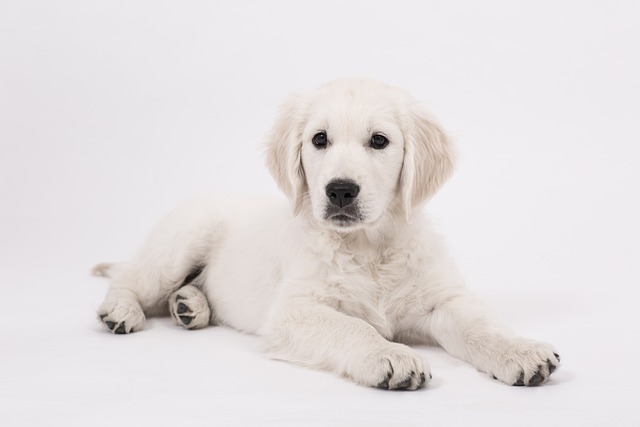
I stood on my friend Lena’s Austin patio last July, watching her 2-year-old Bulldog, Tank, sprawl on his cooling pad—panting, even though the pad was supposed to keep him cool.
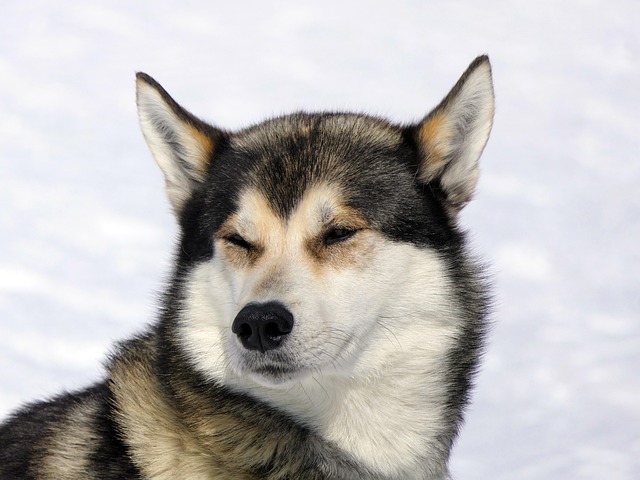
I’ll start with a relatable scenario of a new owner dealing with their pup’s upset stomach, explain which fruits soothe canine digestive systems
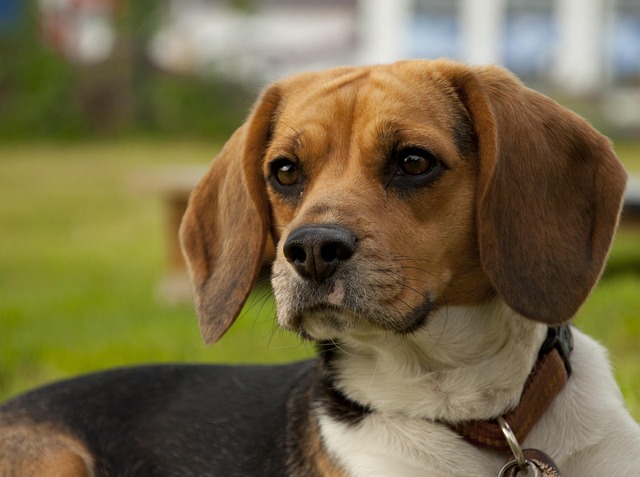
If you’ve noticed your dog scooting or licking their rear more than usual, anal gland issues might be the cause—and some breeds are more prone to this than others.
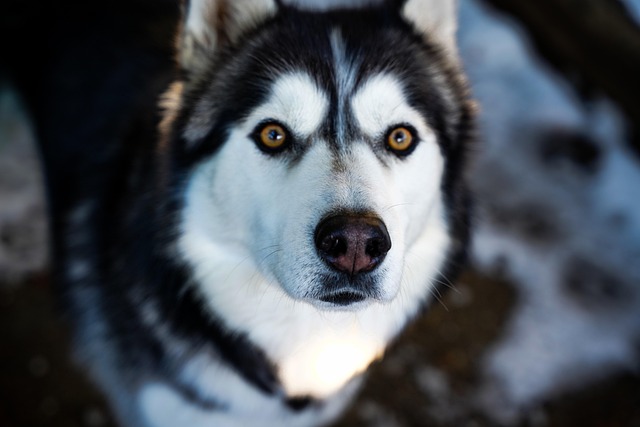
I’ll start with a relatable scenario of a new owner unsure which fruits are safe for their pup, explain what makes a fruit “good” for dogs (nutrition + low risk), share top picks and how to serve them